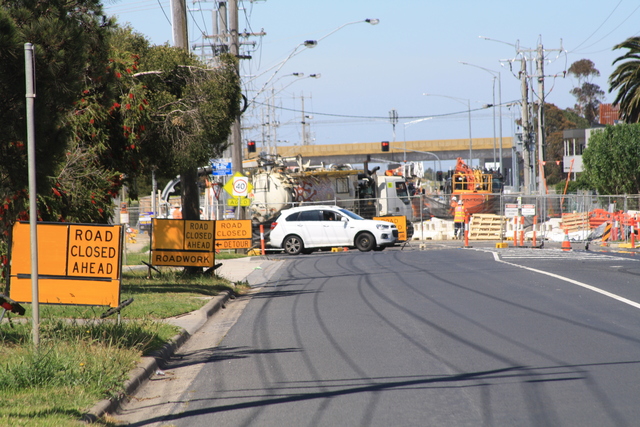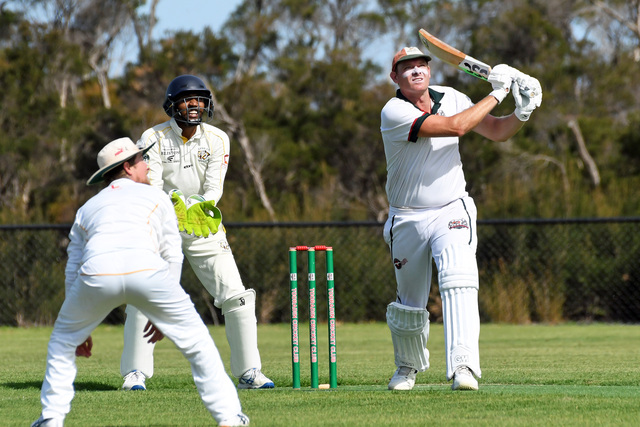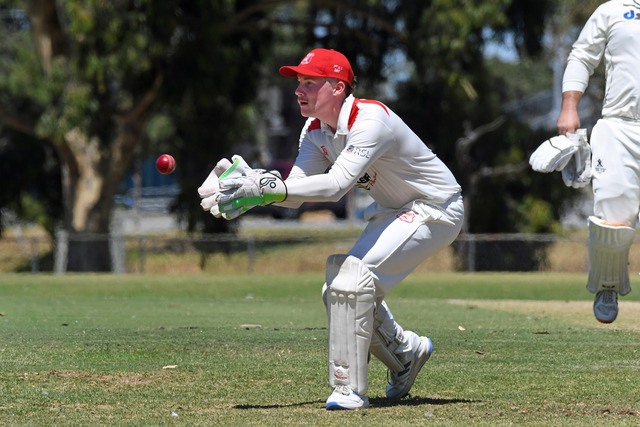By Bridget Cook
A CASEY councillor has voiced her concerns at Protective Service Officers (PSOs) being given the power to apprehend people suffering from a mental illness, whether they are committing a crime or not.
At a recent council meeting, councillor Amanda Stapledon called on the council to write to the State Government requesting a review of the Justice Legislation Amendment (PSO) Bill 2011 and the new mental health powers.
The State Government recently announced that PSOs would be deployed at all Casey train stations from 6pm until the last train.
An amendment was also made giving PSOs additional powers needed to reduce crime, violence and anti-social behaviour at and around train stations.
A spokesperson for the Minister for Mental Health, Women’s Affairs and Community Services Mary Wooldridge said the amendment provided PSOs with some powers under the Mental Health Act 1986.
“These powers include being able to detain someone who appears to be mentally ill and who has attempted, or is likely to attempt, to harm themselves or another person, until police officers arrive and assist the person,” the spokesperson said.
“The Department of Health is working with Victoria Police to ensure protective services officers are well trained in recognising and responding sensitively to people who appear to have a mental illness.”
However, Cr Stapledon said she believed the power should remain with police only and not PSOs.
“While acknowledging the necessity for PSOs to have the appropriate powers to enable them to do their job in protecting the community, PSOs will have more police-like powers but will undergo a total of 12 weeks of initial training, compared with the police’s 23 weeks, plus less supervision,” she said.
“Police have general powers to arrest anyone found committing an offence, however the new mental health specific powers are much wider. It is not necessary for the person to be found committing a crime.
“Being apprehended like this under Section 10 of the Mental Health Act is a serious infringement on one’s right and liberty and should only ever be used as a last resort.
“It is hard to see how expanding use of these significant powers beyond qualified members of the police force is consistent with the principle of least restrictive treatment.”
Cr Stapledon said she held great concerns that if these powers were in the hands of PSOs, who had inadequate training and support, that it could have catastrophic outcomes including fatal outcomes for a person suffering a mental health condition, particular at a time when they were experiencing an episode.
“It could also escalate their condition if they are inappropriately managed or detained,” Cr Stapledon said.
“Without adequate training and experience in intervention and de-escalation techniques such as in crisis situations, this can end in tragedy.
“This is not the role of a PSO and I am unsure how fair it would be to ask them to undertake this.”
Cr Stapledon said she feared that this approach would be counter-productive to community safety.
“People with mental illness have very real fears, their symptoms or medication side-effects will be inappropriately misconstrued by poorly-trained officers and by members of the public,” Cr Stapledon said.
She has now called on the State Government to review the amendment.
“People with mental illness are more likely to be a victim of violent crime than to be a perpetrator,” she said.
“Because of this, I respectfully ask the State Government to keep these powers with those who are best trained to manage them and to provide further training for PSOs to help identify a person who has a mental illness to treat them appropriately, giving them the respect and dignity that they deserve.”
Too much PSO power
Digital Editions
-

Armed offenders wanted after Sth East spree
Armed offenders have been allegedly involved in a series of linked incidents at homes across the South East, police say. Three unknown offenders entered a…















